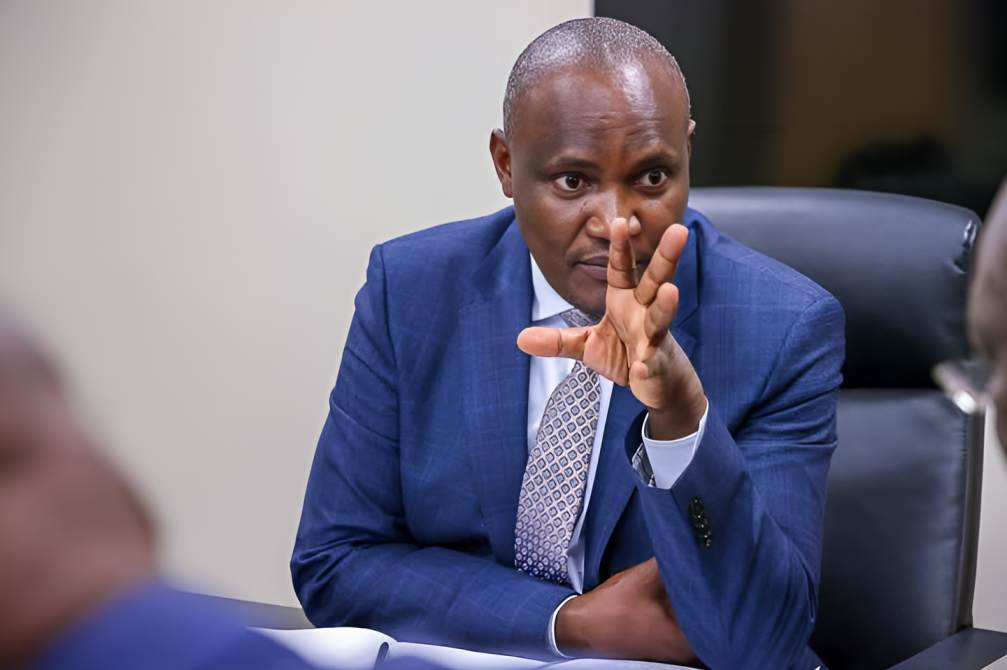Treasury Cabinet Secretary John Mbadi says Kenya’s economy has remained strong despite recent disruptions, posting an average growth rate of 5.2% over the past two years well above global and regional averages.
Speaking during a PwC-hosted economic forum in Nairobi on June 27, Mbadi attributed the country’s resilience to sound fiscal reforms, agricultural recovery, and a robust services sector.
He noted the economy slowed to 4.7% in 2024 due to floods and political unrest but is projected to bounce back to 5.3% growth in 2025 and 2026.
“This recovery reflects our commitment to policy stability and structural transformation,” Mbadi said.
He unveiled the 2025/26 budget theme “Stimulating Sustainable Economic Recovery for Improved Livelihoods, Job Creation and Business Prosperity” emphasizing inclusive growth and grassroots empowerment.
Kenya has recorded key macroeconomic gains, including a drop in inflation from 9.6% in 2022 to 3.8% in May 2025, appreciation of the shilling from Ksh159.7 to Ksh129.3, and reduced Central Bank lending rates now at 9.75%.
Treasury bill and commercial lending rates have also fallen, while forex reserves hit Ksh1.36 trillion enough to cover 4.7 months of imports. The current account deficit narrowed to 1.3% of GDP, signaling a stronger external position.
Despite this progress, Mbadi warned of looming challenges: “We face spending pressures, limited debt space, and the need to raise revenue without stifling business.”
To address this, the government plans a gradual fiscal consolidation reducing the deficit from 5.3% in FY 2023/24 to 4.8% in 2025/26, and 2.7% by FY 2028/29.
On revenue, KRA will roll out several digital systems, including populated VAT returns, simplified PAYE, and real-time invoicing in the fuel sector.
On the expenditure side, a full e-procurement system across all government departments will begin July 1, 2025, alongside pension digitization, zero-based budgeting, and adoption of a Treasury Single Account.
Mbadi also raised concern over the recent suspension of donor funding by the US government, affecting more than Ksh33 billion meant for health programs. He pledged to prioritize domestic resource mobilization to protect critical services.
He called on the private sector to drive the next phase of growth: “Government alone cannot fuel our economic recovery. We need businesses to innovate, create jobs, and expand opportunity.”
The forum also marked the launch of PwC’s International Development Sector Landscape Survey for Kenya, highlighting growing global partnerships as the country seeks a resilient and inclusive path to economic transformation.
